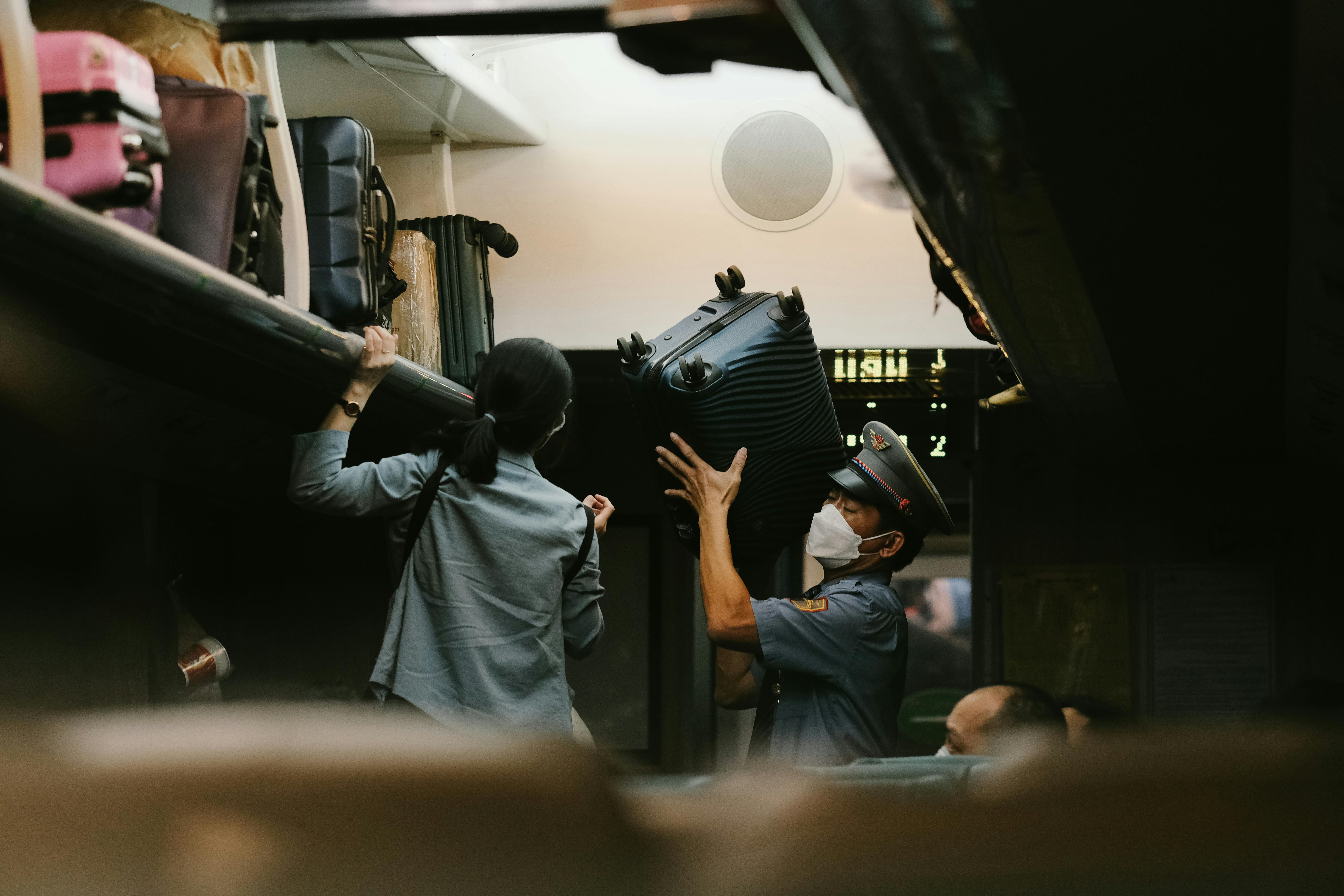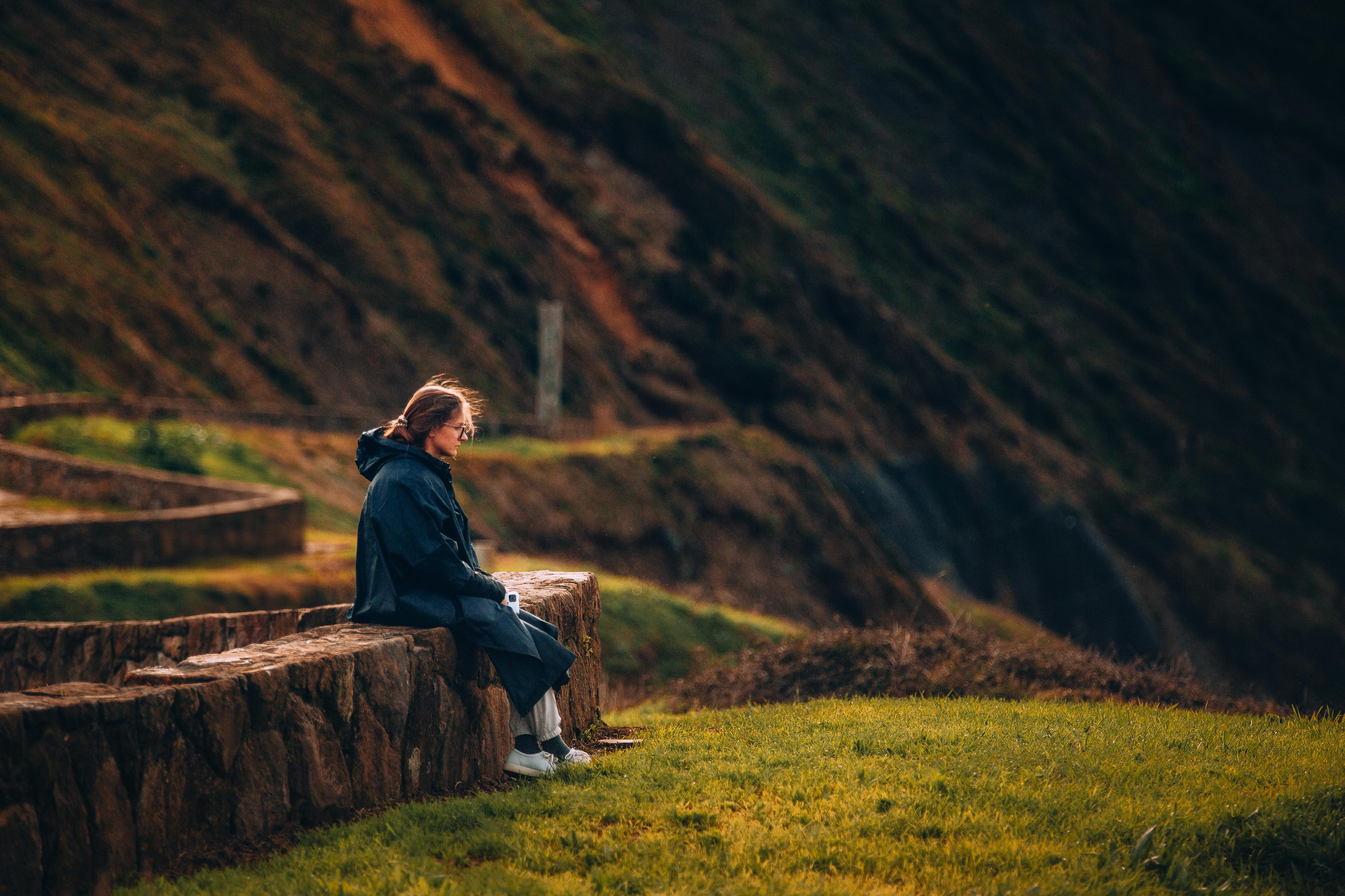There’s something romantic about hitting the road without a map, a guidebook, or even a real destination in mind. No bookings. No itinerary. Just a backpack, a bit of cash, and a willingness to see what unfolds.
For many, this kind of unstructured travel sounds stressful. But for others, it’s the doorway to real adventure, the kind that’s hard to find when everything is pre-booked and pre-planned. Traveling without a plan teaches you things that structured trips often can’t. It forces you to be resourceful, to listen more closely to your surroundings, and to stay open to surprise.
Along the way, you may take wrong turns, end up in strange places, or miss the bus, but you’ll also come back with a set of stories and lessons that stick with you far longer than a photo album. Here are eight lessons to learn from travelling without a plan:
1. Flexibility Becomes Your Superpower

You learn to adapt quickly when you’re not tied to a strict schedule. Flights get canceled? You find a new route. That charming little town you were supposed to pass through turns out to be the best part of your trip? You stay an extra night.
The ability to pivot, calmly and without panic, becomes second nature. This kind of flexibility doesn’t just help on the road; it becomes a valuable mindset you carry back into everyday life.
You stop clinging so tightly to plans and become more comfortable with the unknown. It’s liberating to realize that you can still move forward, even when you don’t know exactly where you’re going.
2. People Are More Helpful Than You Expect

When you travel without a plan, you often rely on the kindness of strangers for directions, recommendations, or even a ride. What you quickly discover is that people are generally good, curious, and willing to help.
Locals go out of their way to point you to their favorite restaurant or hidden beach, not because they have to, but because they want to share what they love. This breaks down a lot of the fear we carry about the world being a dangerous or unwelcoming place.
Of course, you need common sense and caution, but more often than not, the strangers you meet become highlights of your journey. It’s humbling and uplifting to realize how many people are willing to offer a hand when you need it most.
3. You Learn to Let Go of Control

Without reservations or a schedule, control becomes a luxury you quickly learn to release. That can be tough at first, especially for those used to having every hour accounted for. But once you do, there’s an odd relief in not being in charge of everything. The day decides the pace, not your planner.
And it turns out that a lot of the best experiences happen when you stop trying to control them. A missed bus leads you to a spontaneous hike. A closed museum pushes you into an unplanned conversation with a local artist. When you stop forcing things to go a certain way, life often surprises you in the best ways.
4. You Trust Yourself More

With no app guiding your every step, you’re forced to rely on your instincts. You have to figure things out as you go, where to sleep, what to eat, and how to get from one town to the next. It can feel daunting at first, but every small success builds confidence.
You realize, “I can do this.”That trust in yourself deepens over time. You stop second-guessing so much and start trusting your gut, not just in travel, but in life.
The courage to walk into a place you’ve never seen before or strike up a conversation in a language you barely speak starts to feel less intimidating. You begin to believe in your own resilience.
5. Spontaneity Leads to Unexpected Joys

Some of the most memorable travel moments aren’t the ones you plan for; they’re the ones that just happen, like stumbling into a village festival, joining a sunset drum circle on a beach, or getting invited to a local family dinner.
These kinds of experiences rarely show up in guidebooks. You’re more open to these moments when you don’t have a rigid agenda. You say “yes” more often. You follow interesting signs or sounds.
You linger in places that feel right. And those small, serendipitous decisions often turn into the best stories you’ll still be telling years later.
6. Not Everything Has to Be Productive

We live in a culture that often expects a return on every investment, even vacations. But when you travel without a plan, you’re freed from the pressure to “make the most” of every second. There’s no checklist to conquer or must-see attraction you’re rushing toward.
You can sit in a park and people-watch for hours without guilt. This kind of slow travel reminds you that life isn’t a productivity contest. Sometimes, wandering aimlessly or doing “nothing” can be exactly what you need.
You begin to value presence over productivity, and being over doing. And that’s a lesson worth carrying home.
7. You Discover What Really Matters to You

When every choice is up to you, where to go, what to eat, and how long to stay, you start to learn what truly excites you. You’re not following someone else’s itinerary, but your own curiosities. Maybe you realize you love quiet coastal towns more than bustling cities. Or that you prefer bookstores and bakeries over landmarks and crowds.
These realizations help clarify not just how you like to travel, but how you want to live. You begin to notice what fills you up and what drains you. Without the structure of someone else’s plan, you start listening to your internal compass, which often points you toward something surprisingly authentic.
8. You Realize the World Is Bigger — and Also Smaller — Than You Thought

Wandering without a destination shows you just how vast and varied the world is. Landscapes change, languages shift, and customs surprise you. But you also notice how much we all have in common.
A smile, a shared meal, or a game of soccer can bridge even the widest cultural gap. This paradox, that the world is huge and yet intimately connected, becomes clear when you travel with an open heart. It humbles you.
It also connects you. And it leaves you with a deeper appreciation for the beauty and complexity of our shared planet.
Traveling without a plan isn’t for everyone, but for those willing to take the leap, it offers an education unlike any guidebook could. You trade certainty for discovery, routine for spontaneity, and control for connection. And along the way, you gain something more lasting than a souvenir,a new way of seeing the world and yourself.

